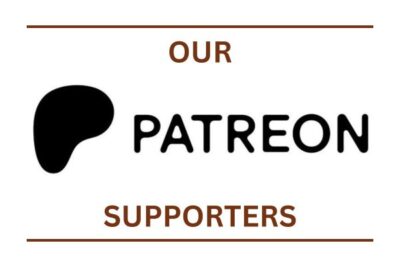Britain has lost around one in 18 of its licensed premises in the last 12 months — that’s 5,736 pubs, restaurants, bars and cafes — the new Hospitality Market Monitor from CGA by NIQ and AlixPartners reveals.

However, the Hospitality Market Monitor also reveals signs for cautious optimism. Net closures across the first half of 2023 (1,895) were less than half the number seen in the second half of 2022 (3,841). And many units vacated recently have been swiftly reoccupied by other operators, including emerging groups.
The casual dining segment is now 5.6% smaller than 12 months ago, but food-led pubs (down 2.9%), high street pubs (down 3.1%) and community pubs (down 4.1%) have all recorded notably fewer closures than the sector as a whole.
Britain’s city centres are meanwhile showing growing resilience, with a 4.2% net fall in licensed premises in the 12 months to June 2023 — a better figure than the drops of 5.9% and 5.4% in large and small towns respectively. It follows a steady return of commuters and visitors to major hubs, and an increase in residents in central areas of many of the country’s largest cities in recent years.
“It’s been another tough quarter for hospitality, with soaring energy, food, and labour costs squeezing businesses’ margins, and inflation and interest rate rises sapping consumer confidence,” said Karl Chessell, CGA by NIQ’s business unit director, hospitality operators and food, EMEA.
“Against that backdrop, managed groups have been impressively resilient in many segments and areas, and there are welcome signs that city centres in particular are back to their pre-Covid vibrancy. More venue closures are sadly inevitable while costs remain so high, but the outlook for well-resourced, distinctive, and customer-focused groups remains good.”
Graeme Smith, AlixPartners’ managing director, said: “It is clearly a very difficult time for some hospitality businesses right now, as these latest numbers illustrate. But part of the story here is the remarkable resilience and robustness of large swathes of the market in the face of a challenging, high-inflation environment.
“Despite the current cost-of-doing-business crisis, which has served to squeeze profitability, suppress investment and, in the worst scenarios, challenge viability, a number of segments of hospitality and leisure are holding up extremely well. And this, in a market that was already challenged and in recovery mode after the events of the past three years.
“While every business lost is a tragedy, many more are managing to navigate their way through. We are all waiting for this brutal margin-compression cycle to turn, and when that switch comes, the market will, from an investment and lending perspective, right itself quickly. Investors will return, with businesses that have delivered stability and are able to demonstrate growth, top of the agenda.”


